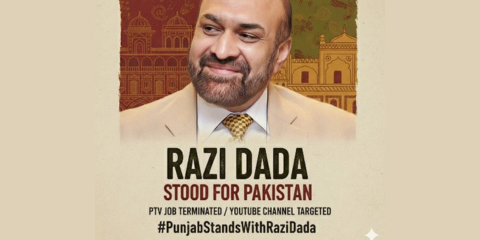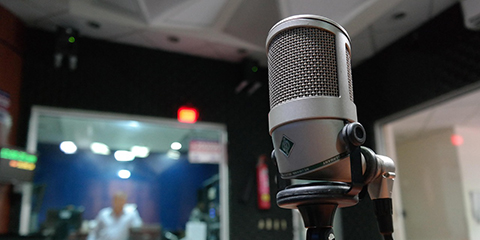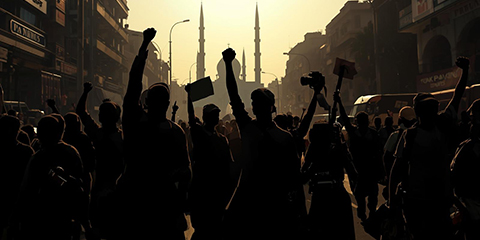Punjab Stands With Razi Dada: Social media campaigns back controversial vlogger
JournalismPakistan.com | Published 3 months ago | JP Special Report
Join our WhatsApp channel
ISLAMABAD — Veteran journalist and vlogger Rizwan Razi, popularly known as Razi Dada, has found himself at the center of a storm after his apology for controversial remarks about Sindhis was rejected, leading to calls for the Pakistan Telecommunication Authority (PTA) to block his YouTube channel. What began as a parliamentary rebuke has now evolved into a national debate on hate speech, accountability, and freedom of expression in Pakistan.
From Apology to Rejection
Razi came under fire for using derogatory language in a vlog, a move that angered Sindhi communities and drew strong condemnation in the Senate Standing Committee on Information. Although Razi quickly released a video apology admitting fault, his critics—including lawmakers—remained unconvinced. He was dismissed from his job, summoned before the Senate, and, according to his own words, “humiliated” during proceedings. Despite his contrition, the committee recommended a ban on his YouTube channel.
A Divided Media Community
The decision has sparked sharp divides in Pakistan’s media circles. Senior journalist Azaz Syed publicly defended Razi, stressing that the apology should have been accepted. “How much punishment are you going to give for one crime?” he asked on X, pointing out that no similar parliamentary scrutiny had been applied to powerful mafias or entrenched corruption. Others, however, argue that ethnic hate speech cannot be brushed aside with a mere apology and must carry consequences to protect national cohesion.
Social Media Solidarity
Supporters have mobilized online, launching hashtags such as #PunjabStandsWithRaziDada and #StayStrongRaziDada. His defenders frame the controversy as a case of selective justice, highlighting how ordinary journalists face disproportionate scrutiny compared to political and corporate elites. Images and banners circulating online portray Razi as a victim of state excess and a symbol of Punjab’s defiance.
A Troubled Past With Institutions
Razi is no stranger to friction with authorities. In 2019, he was briefly detained by the Federal Investigation Agency (FIA) over his social media posts critical of state policies. His recent tweet referenced past struggles: being “kicked off PTV,” threatened with bans, and subjected to character assassination. For his supporters, this latest episode is just another chapter in his long battle against censorship.
Beyond Razi: The Bigger Question
At its core, the controversy reflects Pakistan’s uneasy struggle to define the boundaries between free expression and hate speech. While critics view Razi’s remarks as harmful and divisive, supporters warn that punishing journalists even after apologies sets a dangerous precedent, discouraging debate and eroding press freedom.
For now, Razi Dada remains banned from PTV, under threat of losing his YouTube platform, and at the heart of one of Pakistan’s most heated debates about media ethics and accountability. What is clear is that his case has transcended one man’s words, becoming a symbol of Pakistan’s unresolved tensions between censorship, responsibility, and freedom.

























